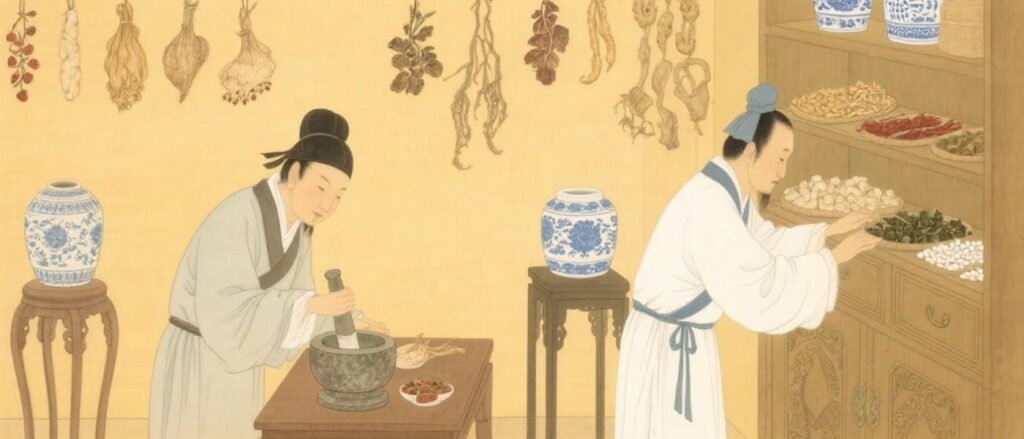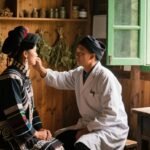The art of healing resembles using the right key to unlock a mechanism. One must not only distinguish opposing conditions but also discern seemingly similar ailments—failure to accurately identify or properly treat even closely related disorders will yield no results. Minute differences can lead to vastly divergent outcomes. For instance, phlegm (tan) and fluid retention (yin) both involve pathological water accumulation but differ in nature (yin versus yang). Warm disease (wenbing) and heat disease (rebing) both relate to pathogenic fire but vary in severity. Physicians must meticulously determine whether a condition stems from deficiency or excess, and whether it resides in the bowel organs (fu) or solid organs (zang). How does one discern this? By synthesizing four diagnostic pillars: physical constitution, vitality, pulse patterns, and symptoms. Only through comprehensive analysis can accurate conclusions be drawn.

Ordinary physicians fixate on the five zang organs (heart, liver, spleen, lung, kidney) while neglecting the six fu organs (stomach, gallbladder, etc.). They fail to grasp that stomach qi (weiqi)—the functional vitality of the stomach—is the cornerstone of health. Robust stomach function nourishes all organs; weakened stomach function compromises the entire system. Food and herbs alike depend on the stomach for processing and distribution. Thus, the axiom states: “Preserving stomach qi ensures survival.” Pulse diagnosis also prioritizes assessing stomach qi. The stomach, therefore, governs life and death. Physicians ignorant of this principle cannot attain mastery.
Each disease demands a specific (used in traditional contexts) strategy. I never devise arbitrary formulas but adhere to classical prescriptions validated through generations, abstaining from reckless modifications. Patients with superficial literacy often chase novelty, demanding daily formula changes. They overlook a critical truth: Medicinal substances, unlike mild nourishing grains, inherently carry risk—benefiting one aspect may harm another. Misapplied treatments become “misdirected warfare,” harming innocent tissues. Prolonged misuse creates internal chaos, transforming the body’s condition from illness into medication-induced disorder (yaobing). This peril particularly afflicts affluent households. I repeatedly caution: Those who rely on perpetual herbal adjustments ultimately succumb to the toxicity of their remedies.



Leave a Reply